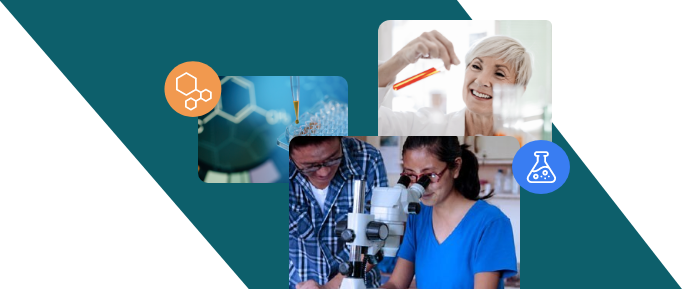
On-demand virtual event
Biological & Medicinal Chemistry
Materials Science
3-D printing could be transformative in healthcare by empowering clinicians to quickly create high-quality and affordable custom medical implants, but we need more resins that are biocompatible and can be safely destroyed and absorbed into the body after use. Gene therapies aim to attack disease at the source by inhibiting or correcting the production of problematic proteins BEFORE they have a chance to replicate and require traditional drugs. However, like the resins in additive manufacturing, there are challenges to the body tolerating this new technology, for example rapid renal clearance, inefficient delivery to non-liver organs, and immunogenicity/toxicity.
Polymer scientists are working to develop new technologies to augment and support game-changing treatments like gene therapy and 3-D printed implants so that our bodies can safely tolerate their effects leading to wider use and better outcomes. In this extended webinar from the ACS Division of Polymer Chemistry, Matthew L. Becker of Duke University will outline strategies for synthesizing highly functional oligomeric resins that can be photochemically printed into a variety of structures possessing unique mechanical, chemical and degradation properties, including a number of pre-clinical applications. Then, Ke Zhang of Northeastern University will share how his lab is developing a safe and efficient oligonucleotide delivery technology that addresses non-liver organs, reduces cost, and minimizes off-target effects for gene therapy.
This ACS Webinar is moderated by Adrian Figg of Virginia Tech and is co-produced with the ACS Division of Polymer Chemistry.
What You Will Learn
Meet the Experts Ke Zhang Professor, Department of Chemistry and Chemical Biology, Northeastern University
Matthew L. Becker Hugo L. Blomquist Distinguished Professor, Department of Chemistry, Thomas Lord Department of Mechanical Engineering & Material Science Department of Biomedical Engineering and Department of Orthopaedic Surgery, Duke University
C. Adrian Figg Assistant Professor, Department of Chemistry, Virginia Tech
Keep learning. Excel in your career.
Choose from more than 200 courses in seven different categories, taught by experts in the chemistry community, online and in person.
